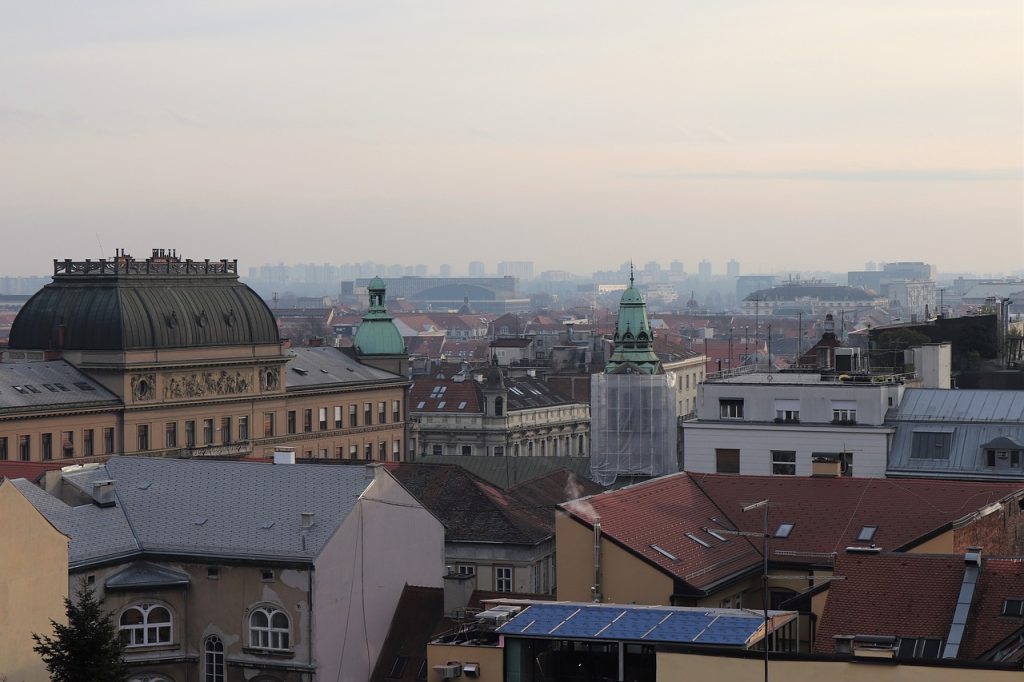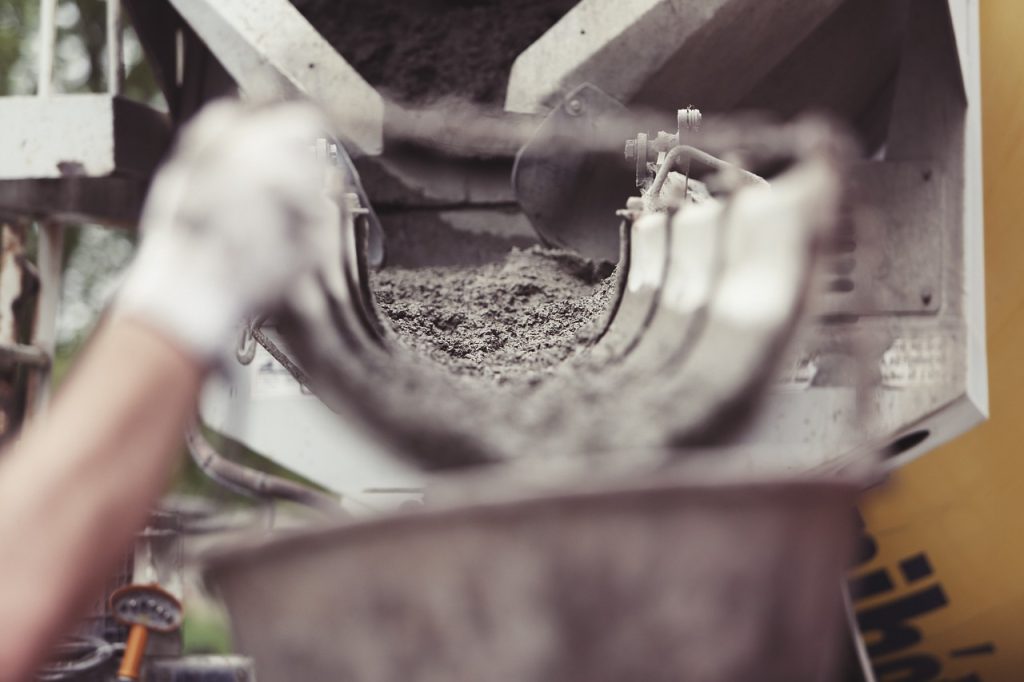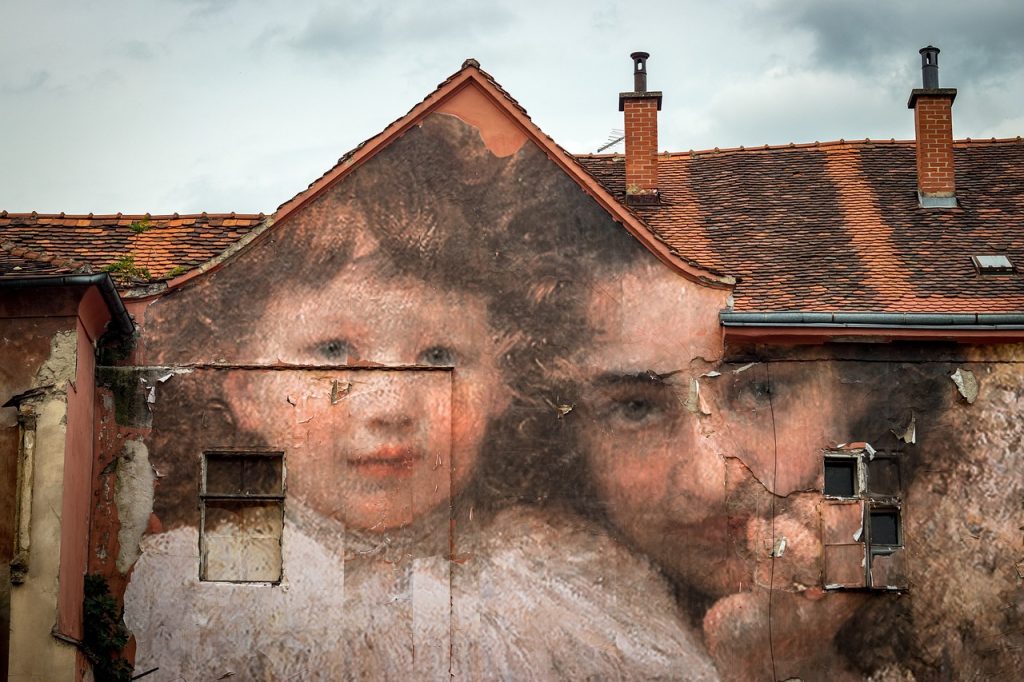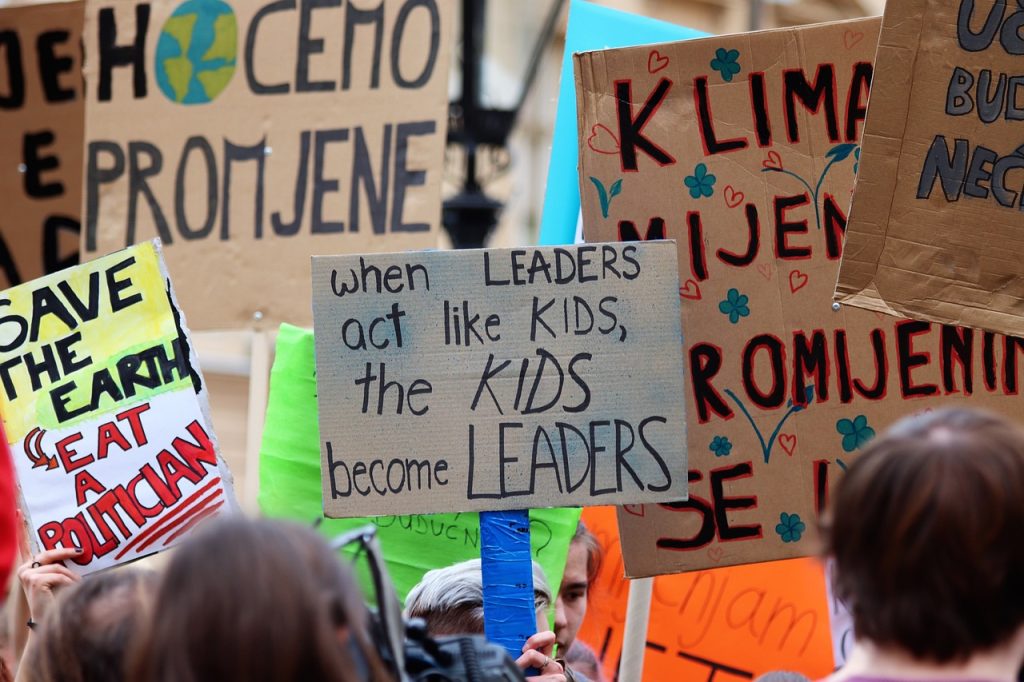July the 11th, 2023 – Croatian green building projects have enormous levels of potential, and even more enormous sums of cash along with them. Unfortunately, Croatia is lacking manpower – yet again.
As Poslovni Dnevnik/Suzana Varosanec writes, approximately 43% of contractors only use energy-efficient systems and technologies in their business sometimes, while about 30% of them do so only at the request of investors. However, there’s been an increase in the number of contractors who will only use and install such systems, from 7% a decade ago in 2013 to slightly more than 21% in 2023.
Croatian green building projects

This information was discussed as part of the presentation of the professor of the Faculty of Civil Engineering in Zagreb, Ivana Banjad Pečur, head of the Cro Skills Reload project, related to the analysis of the situation as well as the challenges in relation to so-called green skills in the field of energy efficiency. All of this is being looked into as part of the summer green workshop of the Croatian Green Building Council (HSZG).
Croatia’s demographic problems are causing issues yet again

An important topic entitled “Who will carry out energy renovation of buildings?” was touched on, and since Croatia lacks about 20,000 construction workers, and every fifth employee in this sector is a foreigner. This concerning trend involves the importing of third country nationals, typically from countries like Nepal. This analysis points to a lack of qualified labour across all segments regarding EnU, RES, BIM and green construction. This naturally poses significant problems for Croatian green building projects going forward.
On the other hand, great potential is opening up for jobs in the field of the energy renovation of buildings and renovation in general. According to current estimates, there are investments in the amount of around 32 billion euros waiting to be taken by the horns as it were until the year 2050. According to these projections, the stock of residential buildings will be 6% larger by the time the year 2050 rolls around and will amount to nearly 200 million square metres in total, while non-residential buildings will grow by 14%.
We’re looking at a very different story between 2014 and 2020…

However, from the years 2014 to 2020, only 0.7% of the total building stock was renovated on an annual basis, and right here in the Republic of Croatia, energy-inefficient buildings are responsible for 40% of energy consumption and 36% of CO2 emissions. As man as 30% of current Croatian buildings fall into the category with the worst energy properties of all.
The increased intensity of energy renovation of the country’s existing buildings and the construction of new nZEB buildings would greatly reduce energy consumption and CO2 emissions in the construction sector. Now we know this, we need an educated workforce for Croatian green building projects spanning across a very wide range, from new technologies to new types of materials.
EU cash to the rescue, yet again

In the context of the key EU initiative for green skills in the field of energy efficiency, the goal of the aforementioned project is to improve the skills of construction workers and engineers in the Republic of Croatia. All of this is of course co-financed by the EU.
“The key contribution of the CROskills-RELOAD project to decarbonisation efforts is being carried out through the creation of guidelines and training systems to enable workers to master the skills needed to work on energy efficiency projects. The most important thing of all is that the project encourages lifelong learning and the development of skills related to energy efficiency in the construction sector, all for the purpose of achieving the goals of decarbonisation by 2030,” emphasised HSZG executive director Dean Smolar.
The project is a continuation of the previous one, known as EuroSkills, but with the new feature of involving white-collar workers in the process of lifelong learning and improving their skills. The main outcomes of the project include the revitalisation of the National Qualifications Platform (NKP), the analysis of the current situation in the building industry, and the creation of National Guidelines for improving the competencies of construction workers in the context of energy efficiency.
New opportunities lie in retraining

As part of the project’s tasks, the analysis of the situation includes the education system – vocational schools, 30 schools that educate construction professions and 48 schools that educate students in the field of mechanical engineering and electrical engineering. Then comes adult education, including training according to programmes in private schools, as well as the engineer education system.
It is interesting that close to 80% of respondents believe that it’s possible to change the trend of the lack of qualified workers Croatia has, through retraining (39%), new schools (27%) and new curricula (20%), and additional education in order to obtain EnU certificates.








